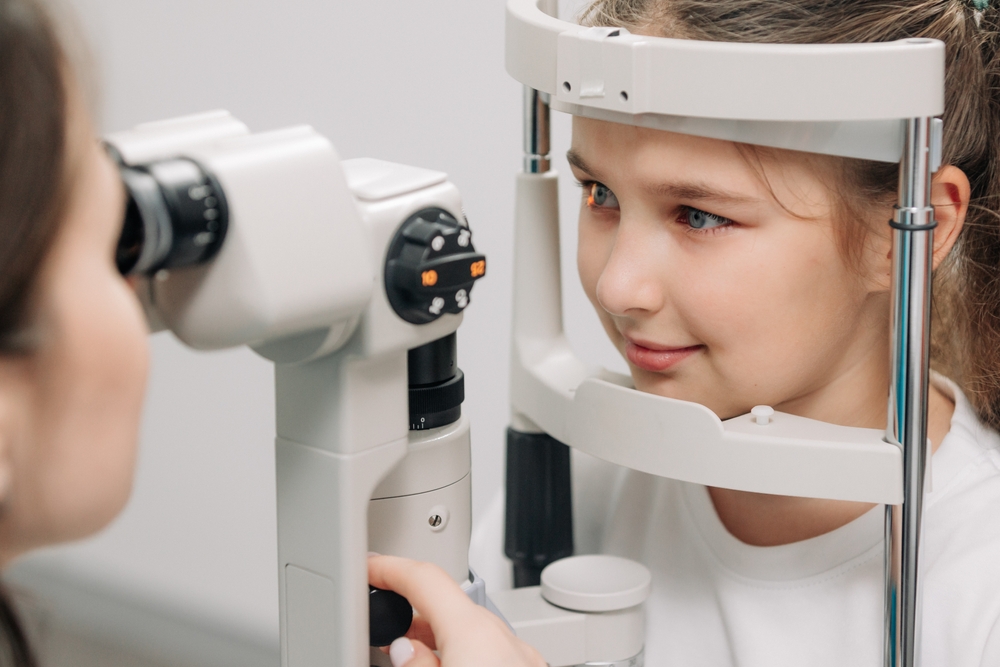How Often Should You Get a Comprehensive Eye Exam?
Blog:How Often Should You Get a Comprehensive Eye Exam?

Maintaining good vision is important for everyday life. Regular eye exams are essential to keep your eyes healthy. They help detect changes in vision and spot early signs of eye conditions. But how often should you schedule a comprehensive eye exam?
Eye Exams for Children
For infants and toddlers, eye exams should start early. Babies should have their first exam between six to twelve months. If there are concerns, such as a family history of eye problems, earlier exams might be necessary. As children grow, exams should continue regularly to monitor eye development.
For children aged three to five years, at least one exam is needed during this period. The pediatrician will assess visual acuity and overall eye health during this time. If the child shows signs of issues, such as squinting or trouble seeing far away, they may need more frequent exams. For school-age children, eye exams should happen before first grade and then annually or as required.
Eye Exams for Teens and Young Adults
Once your child reaches school age, eye exams become part of their regular checkups. Adolescents should have their eyes checked annually or as needed. This ensures that their vision is on track as they continue to grow.
For adults between 18 and 39, eye exams should be scheduled at least every two years. Even if you are not experiencing any symptoms, it is important to get regular checks. Your eyes can still develop conditions that you might overlook at first.
Eye Exams for Adults Ages 40 to 64
When you turn 40, you should start getting eye exams more regularly. You may begin noticing changes in your vision, like difficulty reading small print. At this stage, it is recommended to have an eye exam at least every two years. Even if you do not have any noticeable issues, early detection is important. As you age, conditions like presbyopia and early signs of cataracts become more common.
Eye Exams for Seniors 65 and Older
As you reach 65, it is time to schedule eye exams every year. Vision problems like cataracts or glaucoma are common in older adults. Regular exams help detect these conditions early, preventing serious vision loss. Your eye doctor will adjust the frequency of your exams based on your specific needs and health.
Risk Factors That Require More Frequent Eye Exams
Certain risk factors mean you should get eye exams more often. You may need more frequent checks if you have a family history of eye disease, such as glaucoma or macular degeneration. People who have had previous eye surgery, like LASIK, or have an eye injury should also have their eyes monitored closely.
Those who have diabetes should get annual eye exams. People with diabetes are at a higher risk for eye conditions like diabetic retinopathy. Pregnant women should also get a comprehensive eye exam early to ensure healthy vision.
When to See an Eye Doctor More Often
If you notice sudden changes in your vision, it is time to see an eye doctor. This includes blurry vision, double vision, or trouble seeing at night. Any eye injuries or discomfort should also prompt an immediate visit to the eye doctor.
Regular eye exams are important if you have a job that strains your eyes, such as working on a computer all day. People who work with chemicals or dangerous equipment should have frequent eye checks to prevent injury.
For more on comprehensive eye exams, visit Luminous Eyecare. Our office is in Chicago, Illinois. Call (773) 389-5409 to book an appointment today.
Sources:
https://www.aao.org/education/clinical-statement/frequency-of-ocular-examination
https://www.webmd.com/eye-health/eye-tests-exams



